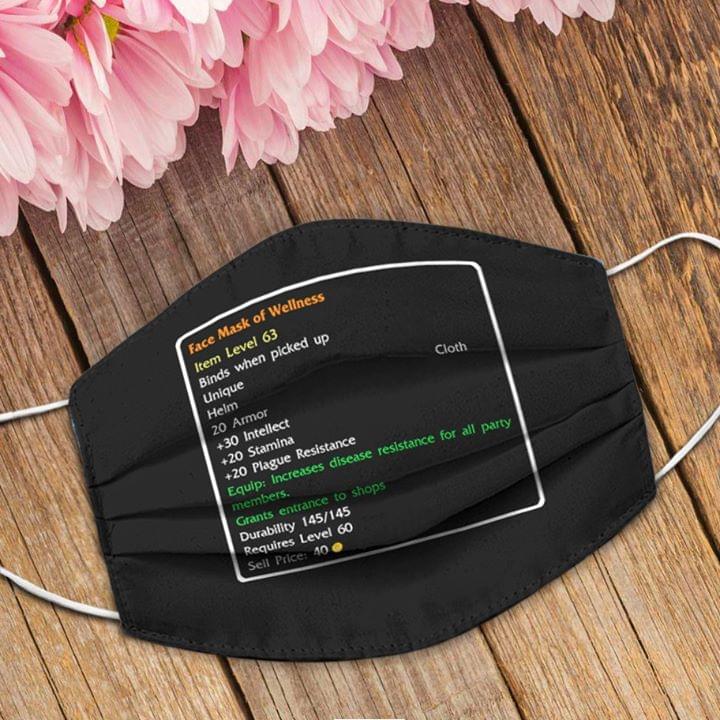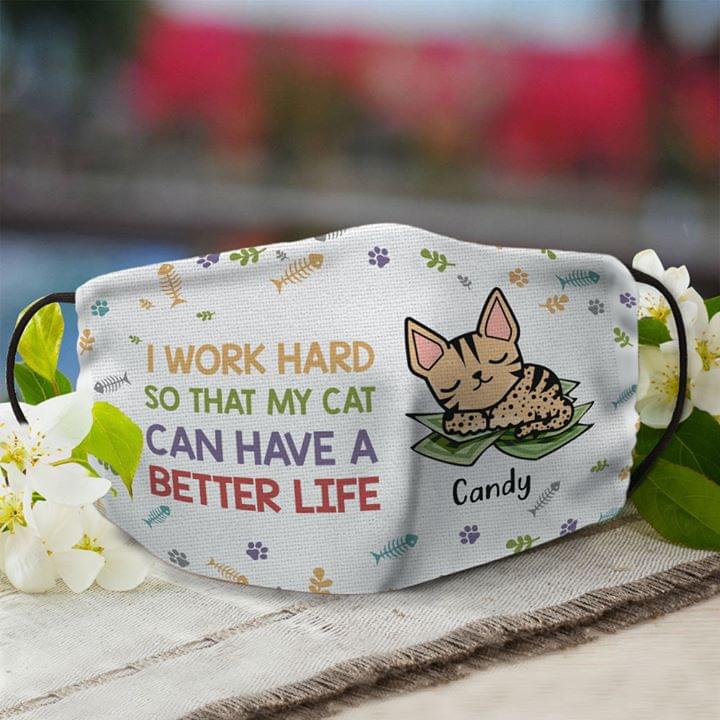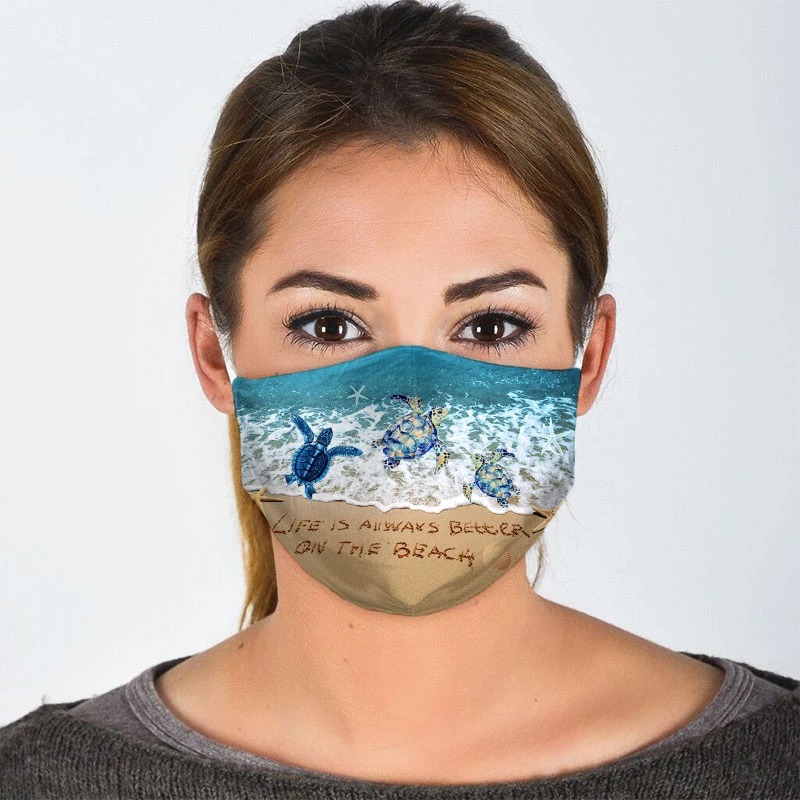Where to buy : Once Upon A Time There was A Child Who Really Loved Vinyl Records It was Me Poster
in the middle of all of it, the vinyl neighborhood is left trying to consider why most people on both sides of the listing-shop counter are white.
decades ago there was lots of, if not lots, of Black music retailers
In a 2011 essay for SouthernCultures, Joshua Clark Davis, a historian on the school of Baltimore, wrote that all through the ’60s and ’70s, there have been between 400 and 500 Black-owned listing stores within the South alone (even though it changed into likely closer to a thousand).
Black-owned checklist stores throughout the nation, but specially in the South, offered a way of group for Black people at a time when they weren’t welcome in white public institutions. Moreover having Black employees who have been an expert about Black tune, some stores also bought elegance items, Black magazines, and apparel. Others all started checklist labels or radio shows focused on Black song.
“by using looking for out song from Black-owned list retailers,” Davis wrote, “African American patrons partook in a vivid form of industrial public life, a neighborhood-based client tradition that welcomed consumers even with their color, age, or fiscal skill.”
Being a Black entrepreneur didn’t come without challenges. Davis advised Insider that Black list-keep homeowners faced a number of societal and industry boundaries throughout the ’60s and ’70s – together with credit discrimination, issue getting loans, issue acquiring items from distributors, the stigma that Black entrepreneurs have been more likely to fail – that made opening and maintaining a enterprise complex.
Some Black listing-keep owners think these barriers have not disappeared
greater Days records, in Louisville, Kentucky, opened in 1979 and has been beneath the possession of Ben Jones since about 1982.
Jones has two places: improved Days West, which he calls his Black shop “in the hood,” sells completely rap, soul, R&B, and hip-hop LPs, and more desirable Days East, which sells exclusively pop and classic rock to a predominantly white client base. The two places are so separate, Jones said, that his Black valued clientele do not even comprehend he has a 2d area, adding that he could not keep his Black shop open if it wasn’t for the 2d location.
this is because when he contacts his distributors to order data by way of Black musicians that his Black shoppers actually desire, like Betty Wright, Shalamar, or Graham valuable Station, they’re all on lower back-order.
but when he wishes a Beatles or purple Floyd album, Jones referred to, he has entry to as many copies as he wants.
superior Days West checklist shop in Louisville, Kentucky. Courtesy of Ben Jones
“Now you inform me how i’m imagined to reside in business,” Jones mentioned. “The white shit i will get each day. The Black shit I can’t get in any respect. Now, how am I alleged to reside in business? If you happen to stroll in and inform me, ‘don’t they do it the entire same?’ No, they do not. It’s us versus them.
“it’s why we cannot have a Black listing save no more,” he introduced. “as a result of [white customers] won’t purchase gospel, they won’t buy soul, they may not purchase jazz, and that they might not buy just simple R&B or blues.”
The dearth of Black vinyl may additionally stem from a lack of have confidence.
Walter Gibson has owned Jampac records, in Monroe, North Carolina, due to the fact 1986. Gibson referred to that he would not scan any product barcodes as a result of he fears white checklist executives are accumulating statistics about what Black consumers buy via his sales.
Visit our Social Network: Pinterest, Blogger, and see more our collection.
From: Vietnamreflections store






